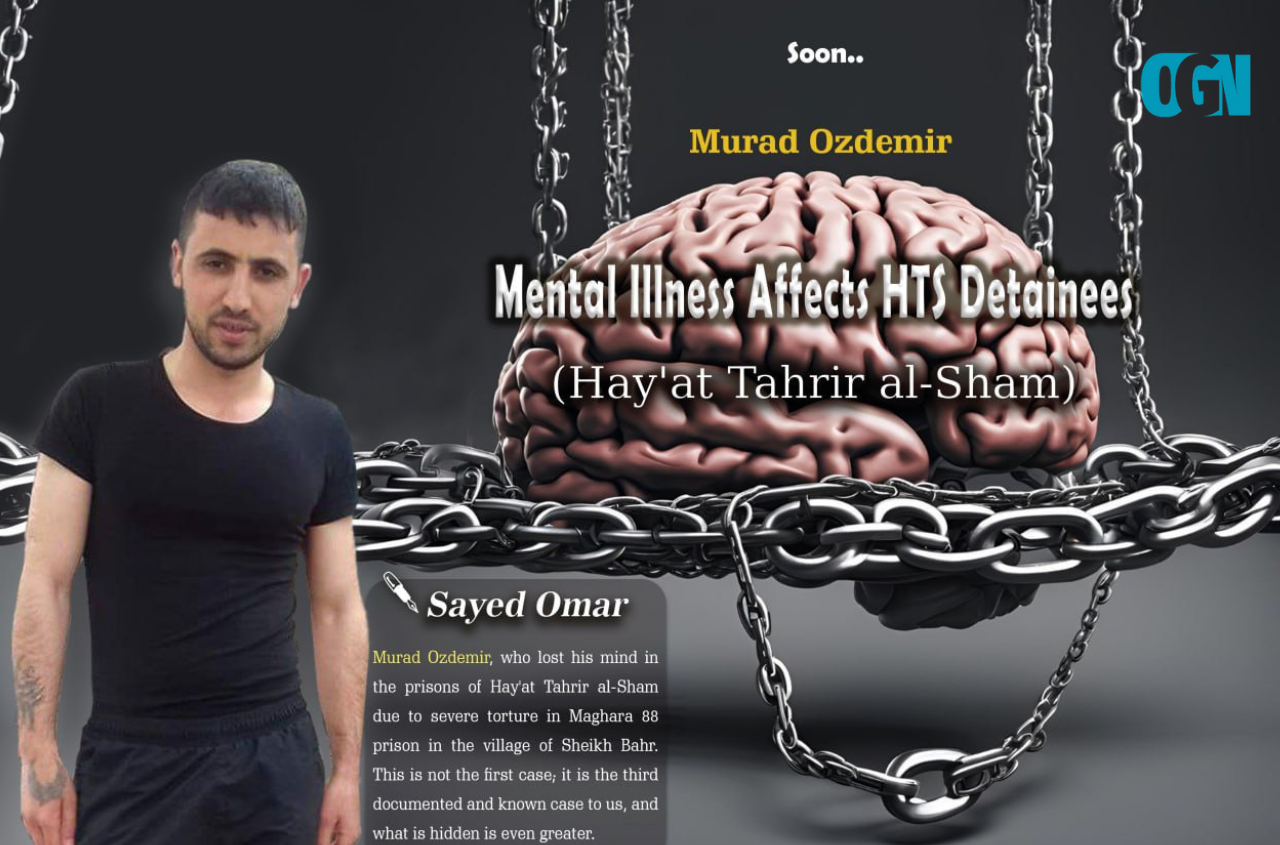Amidst Gaza Killings US Cracks Down on Anti Israel Speech
Yesterday the US House of Representatives passed legislation that would broaden the definition of antisemitism, allowing the Department of Education to enforce anti-discrimination laws more strictly in light of the ongoing student protests related to the Israel-Hamas conflict. With bipartisan support, the bill passed with a significant majority, aiming to incorporate the International Holocaust Remembrance Alliance’s definition of antisemitism into Title VI of the Civil Rights Act of 1964. This federal law already prohibits discrimination based on shared ancestry, ethnic characteristics, or national origin.
Critics, however, argue that the new definition might restrict free speech on college campuses by conflating criticism of Israel with antisemitism. They fear it could chill academic discussions and critiques of Israeli policies. During legislative debates, Rep. Jerry Nadler, a Democrat from New York, expressed concerns that while the bill aims to protect Jewish students from discrimination, its broad application could encompass purely political speech about Israel, potentially limiting lawful expressions of dissent.
Proponents of the bill assert that it provides a necessary, uniform standard for the Department of Education to address and investigate rising incidents of antisemitism in educational settings. Rep. Russell Fry, a Republican from South Carolina, emphasized the urgency of congressional action to safeguard Jewish Americans from rising antisemitic sentiments and actions on campuses nationwide.
The bill now moves to the Senate, where its approval is uncertain. This legislative effort represents part of a larger national conversation about how to balance free speech with the need to combat discrimination. It also aligns with broader governmental actions, such as investigations by the House into universities accused of allowing antisemitic environments to flourish, which have led to significant administrative upheavals at institutions like Harvard and the University of Pennsylvania.
As the federal government and educational institutions continue to grapple with defining the boundaries between political speech and discrimination, the outcome of this legislation will likely influence how antisemitism and free speech issues are handled on campuses across the country.







Leave a Reply